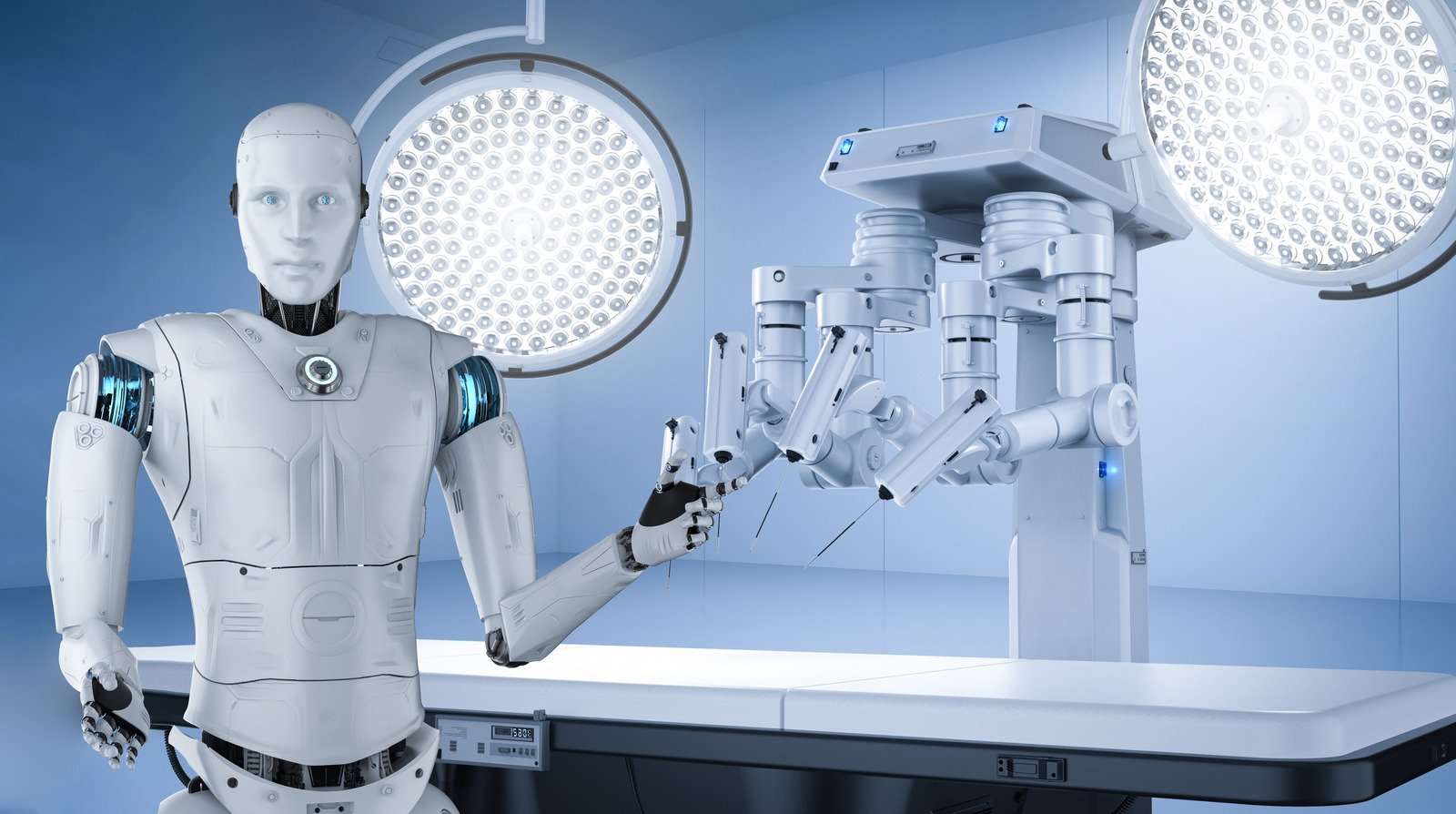In the ever-evolving landscape of medical research, the integration of Artificial Intelligence (AI) and Machine Learning (ML) techniques has emerged as a transformative force. These cutting-edge technologies are revolutionizing how we approach complex medical challenges, offering unprecedented insights and solutions. In this blog post, we’ll explore the profound impact of AI and ML in medical research and how they are reshaping the future of healthcare.
Unleashing the Power of Big Data
One of the most significant contributions of AI and ML to medical research is their ability to handle vast amounts of data. With the exponential growth of electronic health records, genomics, imaging studies, and clinical trials, the healthcare industry is inundated with information. AI and ML algorithms excel at processing and analyzing this data, extracting meaningful patterns, and generating valuable insights that were once buried in the sheer volume of information.
Personalized Medicine: Tailoring Treatment Approaches
AI and ML play a pivotal role in advancing the concept of personalized medicine. By leveraging patient-specific data, including genetic, environmental, and lifestyle factors, these technologies enable healthcare providers to tailor treatment plans to individual patients. This targeted approach not only enhances the efficacy of treatments but also minimizes adverse effects, ultimately leading to improved patient outcomes.
Accelerating Drug Discovery and Development
The traditional drug discovery process is a time-consuming and costly endeavor. However, AI and ML are streamlining this process by predicting the therapeutic potential of compounds and identifying potential drug candidates with higher precision. Through sophisticated algorithms, researchers can analyze molecular structures, predict their interactions with target proteins, and even anticipate potential side effects. This acceleration in drug discovery has the potential to bring life-saving treatments to patients faster than ever before.
Enhanced Medical Imaging and Diagnostics
AI-powered medical imaging is another groundbreaking application in healthcare. Deep learning algorithms are trained to interpret medical images, such as X-rays, MRIs, and CT scans, with remarkable accuracy. These algorithms can detect subtle anomalies that might be missed by human eyes, enabling earlier and more accurate diagnoses. Moreover, AI-powered diagnostics can lead to more efficient resource allocation, reducing wait times for critical procedures.
Optimizing Clinical Trials for Efficiency and Success
Conducting clinical trials is a critical step in bringing new treatments to market. AI and ML are enhancing this process by identifying suitable patient populations, predicting patient recruitment rates, and even optimizing trial protocols. By leveraging historical data and real-time analytics, researchers can make more informed decisions, ultimately increasing the likelihood of trial success.
Ethical Considerations and Future Directions
While the potential of AI and ML in medical research is immense, it’s crucial to address ethical concerns surrounding data privacy, transparency, and algorithm bias. Striking a balance between technological advancement and ethical practice will be paramount in ensuring the responsible integration of AI and ML in healthcare.
In conclusion, the utilization of AI and ML techniques in medical research represents a paradigm shift in how we approach healthcare challenges. From personalized medicine to accelerated drug discovery, these technologies are poised to revolutionize the field. As researchers at MedicalWriting4u, we are committed to staying at the forefront of these advancements, ensuring that our clients benefit from the latest in cutting-edge medical research techniques.
For inquiries about how AI and ML can enhance your research endeavors, feel free to contact us. Together, let’s shape the future of healthcare through innovation and collaboration.


